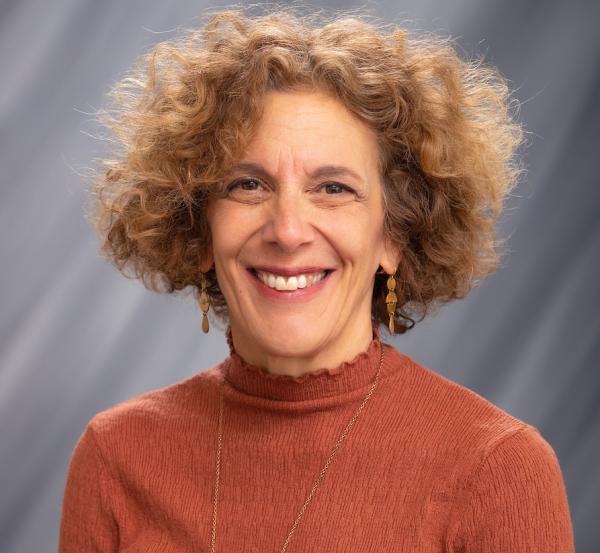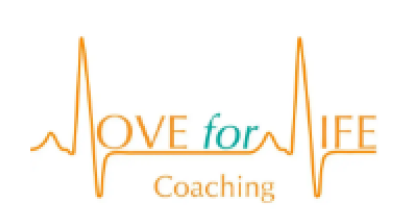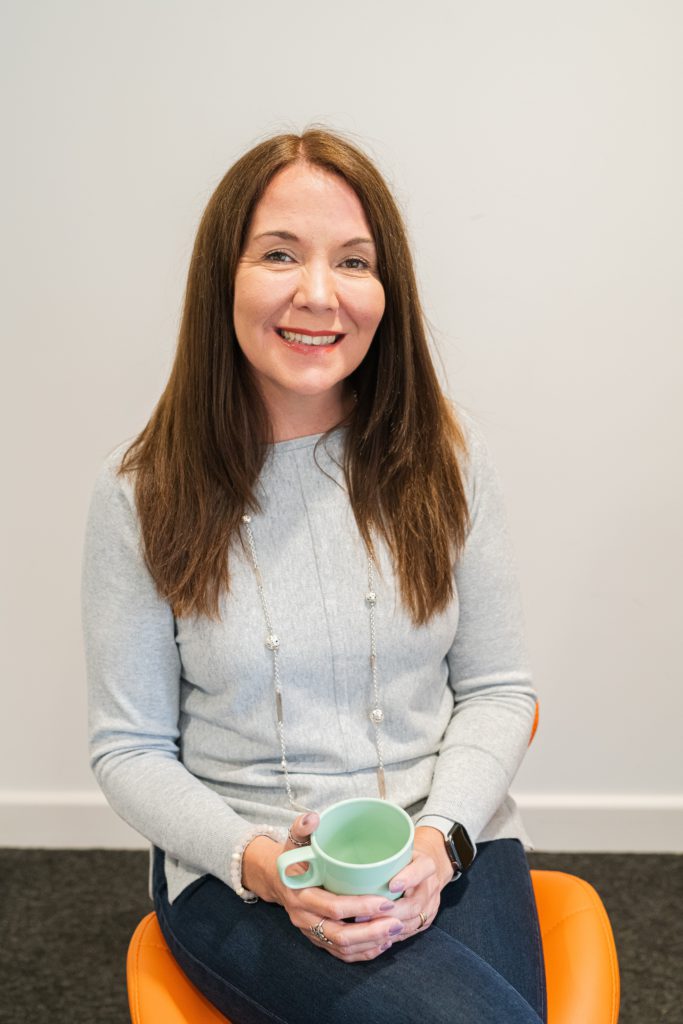Tagged: “Future”
Future Forgiveness
Your practicing forgiveness now may pay unexpected dividends for you decades from now. As an example, a person visited me when her husband unexpectedly left her and her two children, whom she now is raising on her own. This is her view of the situation: “I have been practicing forgiveness now for many years under many different circumstances. Forgiveness has become my friend. I know how to forgive my husband. Had I not taken the time over the years to forgive different people, to nurture forgiveness in my heart, I could be in big trouble now, with a big bag of resentment that I could be carrying with me. This will not happen…..because forgiveness is my friend.” Each decision to forgive and each act of forgiveness now may pay great dividends for you and others 20 years from now.
Perseverance is a key. I have found that one of the greatest challenges to growing in forgiveness is a failure to adhere to practicing it as a moral virtue. People become distracted, they focus on new approaches to life, and they let forgiveness fade in them. As an analogy, how often do people take out a new membership in the gym, enthusiastically start a physical fitness regimen, and then slowly give it up? Diversions interfere and a habit of going to the gym never develops.
Developing a love of the forgiveness moral virtue is one way to avoid diversion, of avoiding distraction from the conscious and deliberate commitment to keep forgiveness as a vital part of one’s human interactions. As a person practices forgiveness over time, sees the beauty of it, sees the potential for aiding the self in reducing resentment and aiding others with the second chance, it is here that one starts to develop a love of the virtue. With the love now in place, perseverance becomes easier and it is easier to pass forgiveness to others.

from Pexels, used with permission
A love of the moral virtue of forgiveness can lead to it becoming a part of your identity, a part of who you are as a person. In other words, we all have a sense of who we are by focusing on what is important to us in life. Some may say, “I am a teacher,” or “I am the parent of two beautiful children,” or “I am a bicycle enthusiast.” We tend to look upon ourselves mostly through the lens of what we value. Once forgiveness starts to grow in you, then continued perseverance is more likely. The more you persevere in forgiving, the more you see its beauty and develop a love of the virtue. The more you develop a love of forgiveness, then the more likely it will become a valued part of who you are: “I am a forgiving person.” It is here that you want to give it away to others for their good. You then are helping people strengthen against the potential ravages of deeply unfair treatment from others that can lead to trauma within. Forgiveness is a protection against these negative effects. Persist in practicing forgiveness now, even for the minor annoyances, and protect yourself when deep unfairness comes; persist in practicing forgiveness now, and grow toward helping others to forgive, as a protection for them when deep unfairness visits them.
Forgiveness today is an investment in your future……and in others’ future.
![]()
‘Peace in the Wake of Pain’ highlights the science – and healing potential – of forgiveness
The Summer 2023 edition of On Wisconsin, the University of Wisconsin’s magazine for communicating with alumni and the general public, features a full-length interview with Dr. Robert Enright, highlighting how he developed the study of forgiveness over his years in academia to contribute something of real value to people who are suffering.

Dr. Robert Enright
Dr. Enright, International Forgiveness Institute co-founder, shares how an academic crisis led to his studying of forgiveness. As he is quoted in the article, he began to wrestle with the question, “What happens to people when they’re thrown to the mat of life by others being unfair? How do they get out of that?”
The article, entitled ‘Peace in the Wake of Pain’, goes on to share how Dr. Enright and his team have helped abused youth, prison inmates, and others who have experienced deep pain and anger discover healing and peace through entering into the process of forgiveness.
The On Wisconsin feature is a wonderful opportunity for many people to hear the good news about forgiveness and its potential for healing, peace, and restoration for individuals, families, and communities. Please share generously!
“Over the past 35 years, Enright and his colleagues have worked almost exclusively with people who have been deeply traumatized and are looking for a way out of their pain,” according to the article. “Enright says people who have suffered deeply for a long time — victims of domestic abuse, incest, and political violence, for example — are often the most likely to commit to the difficult process of forgiving the injustices done to them.”
Forgiveness Education Is Peace Education
A 10-week forgiveness education curriculum can be an important component of peace education for students according to a newly published study by Dr. Suzanne Freedman, a Professor of Educational Psychology at the University of Northern Iowa.

Dr. Suzanne Freedman, Professor, Co-chair of the College of Education Diversity, Equity & Inclusion Committee, University of Northern Iowa.
Dr. Freedman, a long-time research associate of International Forgiveness Institute co-founder Dr. Robert Enright, conducted the project with three classes of fifth graders. The resulting study was published in the April issue of Peace and Conflict: Journal of Peace Psychology, an American Psychology Association (APA) publication.
The forgiveness education curriculum used for the project was jointly developed by Drs. Freedman and Enright and employed the Process Model of Forgiveness developed by Dr. Enright. The project incorporated Social-Emotional Learning (SEL) approaches that taught students healthy ways to express anger and other feelings, understand the perspective of others, and practice empathy and kindness.
This article illustrates how forgiveness education can be infused into the curriculum and the importance and benefits of doing so. Readers will learn more about forgiveness as well as how promoting forgiveness as a virtue to students can reward the forgiver, the forgiven, and society at large.
Dr. Suzanne Freedman
“Results from this study illustrate that a 10-week forgiveness education curriculum can be an important component of peace education for fifth grade students,” according to the published report. “Students showed increased forgiveness toward a specific offender and increased knowledge about forgiveness after receiving the education, and students’ verbal reports illustrate that they enjoyed and benefited from this specific curriculum using children’s literature.”
Learn more:
Read the full study – “Forgiveness education as a form of peace education with fifth-grade students: A pilot study with implications for educators.”
The Value of Forgiveness – An article outlining the benefits of forgiveness and the forgiveness education work of Dr. Suzanne Freedman at the University of Northern Iowa.
It’s Okay to Not Be Okay – A guest blog by Dr. Freedman on the importance of helping teens understand the role forgiveness plays in their psychological health.
Greater Good in Education Promotes Forgiveness/Character Education – An internationally-acclaimed organization has created an entire “best practices” forgiveness component for educators based on Dr. Freedman’s 5th grade curriculum guide.
The Psychology of Interpersonal Forgiveness – In this article written for SEL in Action, a publication for educators, Dr. Freedman debunks several misconceptions about forgiveness.
My friend and I have a lot of conflicts and yet I do want to reconcile in the hope that these conflicts will be reduced. What would you suggest if such a reconciliation will be kind of rocky yet we both want to try?
I would recommend two points. First, are you both willing to forgive each other first so that you do not bring a lot of anger into dialogue with each other? Second, and if you are willing to forgive each other, what are the small steps each of you can take to help the other feel more trusting? In other words, what have you been doing to damage trust and can you take a small step in a better direction? Is your friend willing to do the same by taking small steps to build up your trust?
Accredited Life Coach in UK Achieves Perfect Score on Forgiveness Therapy Course
Only two individuals in history have ever compiled perfect scores on Forgiveness Therapy, the clinical training course offered by the International Forgiveness Institute (IFI) for the past 13 years. The latest is a self-described “married mum of 2 teenagers, a dog lover/rescuer, and a martial artist (Tae Kwon Do)” from Buckinghamshire, United Kingdom, who also happens to be a Relationship and Life Coach.
Clare McCaffrey is an International Coaching Federation (ICF) Accredited Life Coach (ACC) who has training as a Transformative Life Coach and a Positive Psychology and Alcohol-Free Coach. She is also a Relationship Counsellor and Personal Trainer with her own private practice that she calls Love for Life Coaching.
“I truly believe that mind and body are both important in overall mental health,” says McCaffrey, who graduated with highest honors from the Forgiveness Therapy course last August. “Forgiveness interventions compliment the other strategies we use to help clients have healthy and happy relationships.”
McCaffrey’s 35-years of experience includes stints as a Personal Trainer (she has her own private gym), a Pilates Teacher, and a counsellor for Relate—a charitable organization with centers across England and Wales that specializes in counselling for individuals and couples, families, and young people.
“I prefer to work with people who really want to change and move forward with their lives,” according to McCaffrey, who works with clients via Zoom or face-to-face in Buckinghamshire which is 50 miles north of London. “I use only clinically proven techniques to help my clients achieve their goals.”
 McCaffrey achieved perfection on the Forgiveness Therapy course by correctly answering all 120 of the multiple-choice exam questions (8 questions for each of the 15 lessons). She completed the course in a 6-month period while working full time.
McCaffrey achieved perfection on the Forgiveness Therapy course by correctly answering all 120 of the multiple-choice exam questions (8 questions for each of the 15 lessons). She completed the course in a 6-month period while working full time.
Forgiveness Therapy, an online CE Course, is based on the book by the same title written by psychologist Dr. Robert Enright, co-founder of the IFI, and psychiatrist Dr. Richard Fitzgibbons, director of the Institute for Marital Healing outside Philadelphia, PA. The course was developed by Dr. Enright and Dr. Elizabeth Gassin, Professor of Educational Psychology at Olivet Nazarene University, Bourbonnais, IL.
Although primarily designed for licensed psychologists, the course has also proven beneficial for ministers, psychiatrists, social workers, nurses, and other professional counsellors who have completed it.
Learn more:
- Read about the Forgiveness Therapy online CE course.




